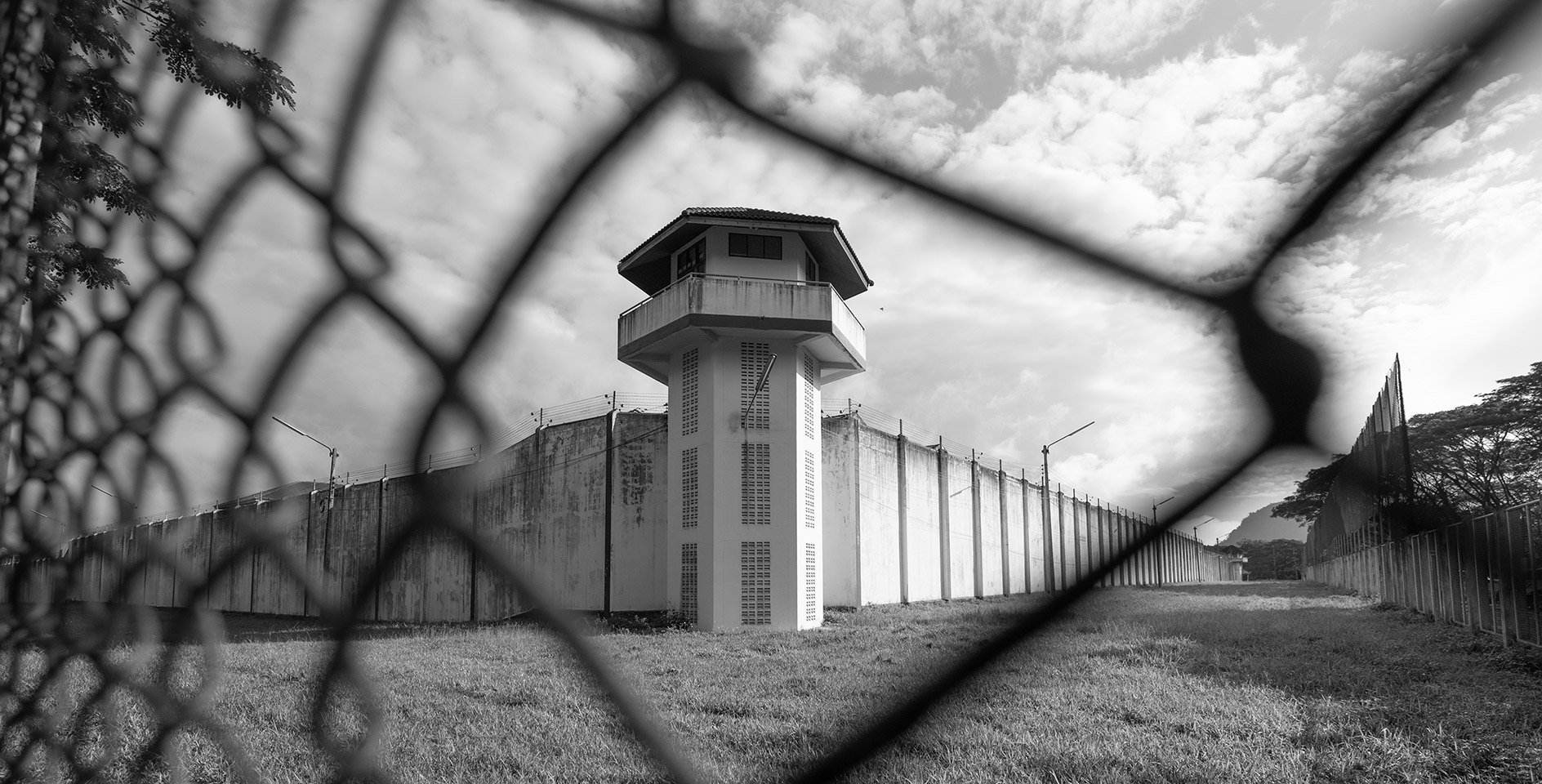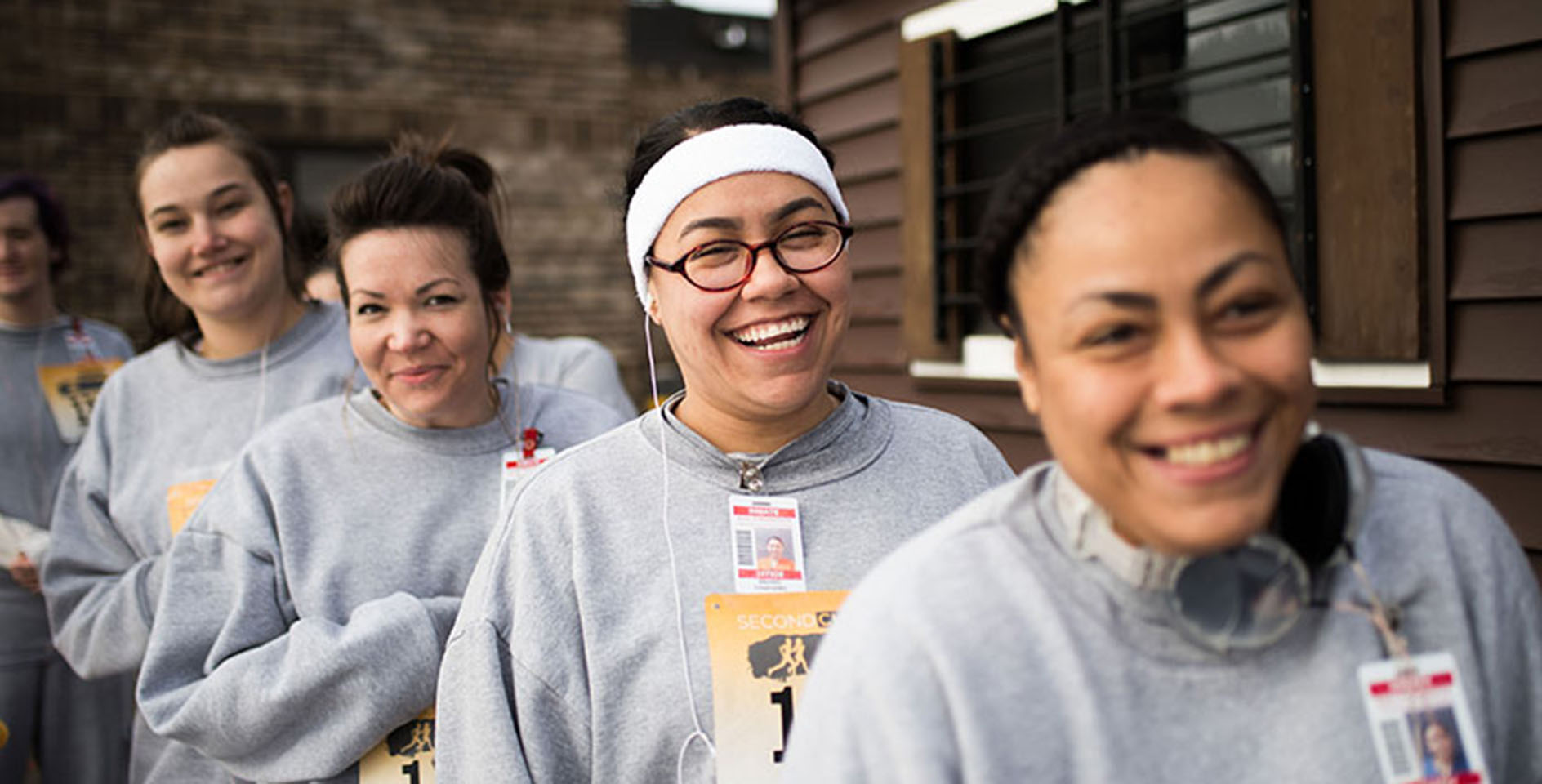For Terri, a mother of five from Wisconsin, life as she knew it began to unravel after her son, Curtis*, broke his collarbone. The high schooler received prescription opioids after a skiing accident in the early 2000s. This was long before President Trump declared the opioid crisis a public health emergency and long before the public understood how dangerous and addictive opioids are. But it wasn’t long at all before Curtis was hooked.
One day at school, 17-year-old Curtis was found with pills in his pocket. The police came and arrested him. Before long, he was sentenced to six months in a correctional facility.
Terri was devastated. As a mom, she says, “You're dying because you know your kid is sitting [in prison], and who knows what is going on in there. It's never the same, life is never the same. It's almost like somebody died, but they didn't. They're buried alive. That's all I can tell you. It's like they're buried alive.”
A hidden epidemic
At first, Terri was shocked at the speed with which her son went from a typical high schooler to a prisoner. But over time, Terri would find Curtis’ story increasingly commonplace. She realized that Curtis and others like him were being swept up in a wave of overcriminalization that put people suffering with addiction behind bars.
After a string of arrests for possession of controlled substances, Curtis is 33 and completing his most recent prison time, which stems for a sentence dating back to 2008, though Terri notes he has had no new charges or cases since then. In the last decade and a half, prison has proven to be an unhelpful response to his issues with opioid addiction.
Simple possession of a controlled substance doesn’t have to result in lengthy incarceration or a lifelong criminal record. In fact, cases like Curtis’ don’t even have the same result in every state.
The complex problem of simple possession
The Drug Report: A Review of America’s Disparate Possession Penalties, prepared by criminal justice policy experts at Prison Fellowship®, reveals the broad discrepancies in penalties for possession of commonly abused drugs across different jurisdictions and explores the resulting public policy challenges.
It’s a critical time to discuss these challenges, because as Terri knows all too well, each sentence affects not only people dealing with addictions, but their families, too.
While charges for drug possession remain in the criminal system, we believe (and research shows) that sentences should fit the crime, and there should be a reliance on accountability programs that are demonstrated to decrease drug use. This approach aims to break the cycle of recidivism (people returning to prison) by addressing circumstances like addiction and administering appropriate consequences.
We say this knowing that incarceration doesn’t achieve the goal of rehabilitation and reducing substance use. That’s why we support the use of alternatives to incarceration, such as drug courts. Most Americans agree.
The need for alternatives
In September 2019, Prison Fellowship commissioned a Barna Group poll to find out what Christians think about incarceration and justice. We found that almost one in three Americans and practicing Christians agree strongly that judges should have the latitude to assign alternative forms of punishment when sentencing.
Some jurisdictions have implemented alternative punishment models for possession crimes, such as opioid courts. These programs, along with traditional methods, should be studied in order to see what works best and how to improve outcomes for the participating individual and impacted community.
Each human life is created in the image of God, with eternal value and the capacity for redemption. And the onus is on all those who make criminal justice policy decisions to evaluate methods of proportional accountability for possession crimes. They should be evaluating which methods offer the best outcomes for public safety, recovery from addiction, stronger families, and opportunities for personal and community restoration.
Raise awareness
While Terri’s son Curtis is still in prison, she has turned her pain into passion. She serves as an Angel Tree® area coordinator to help other families impacted by incarceration. And as a Prison Fellowship Justice Ambassador, she works hard to raise awareness in her community and get lawmakers to change the way our nation handles drug abuse. She is determined to see something good come from the pain she and her family have experienced.
“The sentence seems never-ending,” she says, “but God is good. He will use this for His glory someday.”
Terri worked hard to raise her own awareness of drug laws and justice reform so she could inform others. If you want to increase your own understanding of drug possession laws, download The Drug Report. And read our Barna survey to learn more about Christians’ views on criminal justice.
*A pseudonym for the protection of his privacy.








